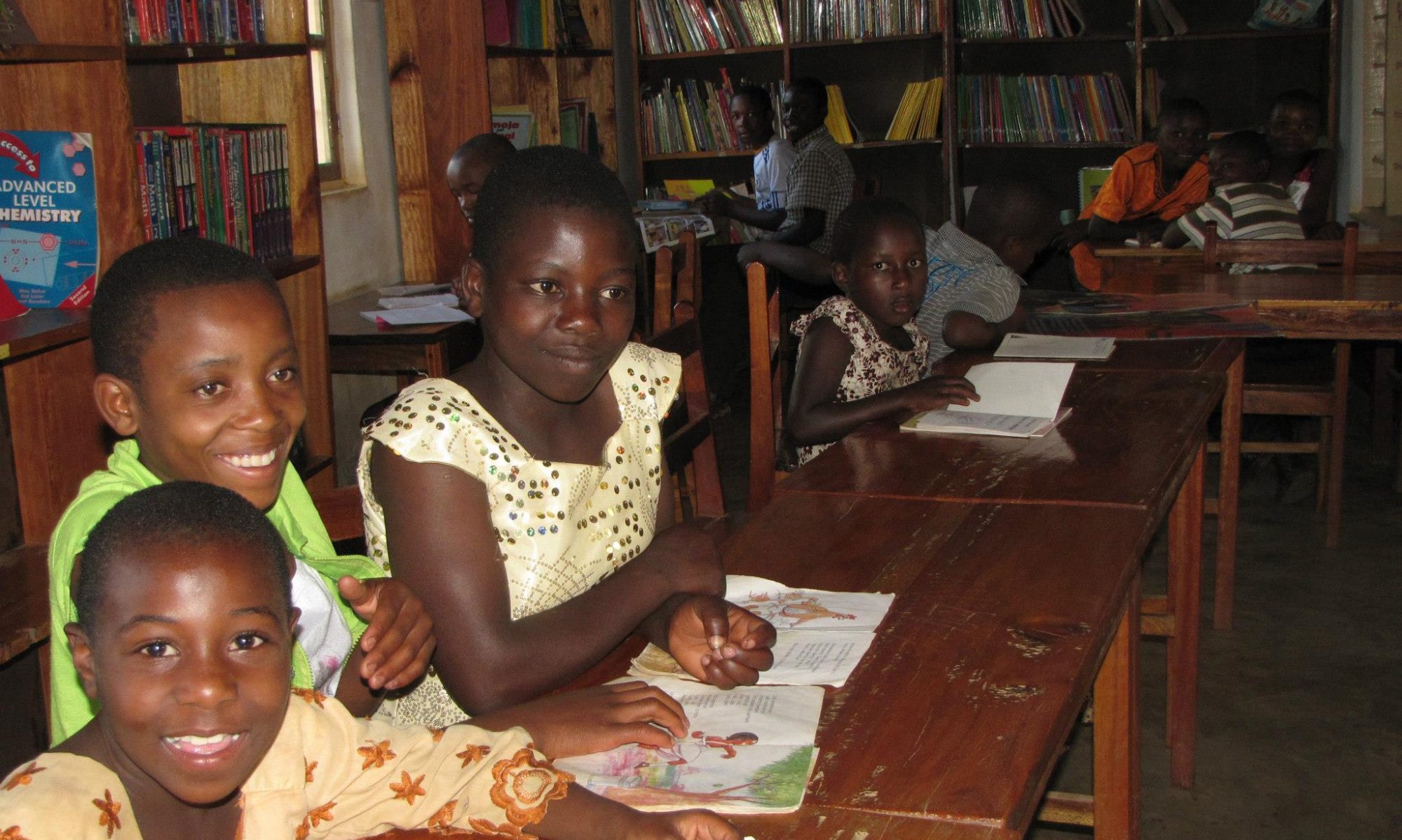Human rights groups have been campaigning in Tanzania for the abolishment of using the Primary School Leaving Examination (PSLE) as a filter to determine which students will attend secondary school. These groups argue that abolishing PSLE would allow all students to attend secondary school and, as a result, help reduce child labor. While having universal secondary education is a laudable goal, TETEA is concerned that a rapid increase in enrollment at the secondary level would have a detrimental impact on the quality of education provided.
The primary reason for TETEA’s concern is that many children finishing primary school are not prepared to continue their education. Based on several years of research conducted by Uwezo, an educational rights organization, student literacy rates at the primary level are abysmal. Uwezo found that almost 15% of Tanzanian pupils in Standard 7 (the final year of primary school) were unable to read a paragraph at the Standard 2 level in Swahili, which is the language of instruction in primary school as well as the country’s lingua franca. Over 30% of pupils finishing primary school were unable to read a paragraph in English, the language of instruction in secondary schools, at the Standard 2 level. TETEA believes that children who have neither mastered the language of instruction of primary school nor demonstrated satisfactory understanding of the language of instruction used in secondary school should not be allowed to progress.
Eliminating the PLSE would only limit the ability of the Ministry of Education and Vocational Training (MoEVT) to determine who has the necessary skills to succeed in secondary school; it would do nothing to ensure that students are learning. Placing students in an academic program for which they are unprepared is not providing educational access. Instead, it may add more strain to an already poorly funded educational system. This hurts those students who are academically prepared for secondary school, as fewer resources (time spent on teaching, books, classroom space) will be allocated to help them continue to succeed. It will also negatively impact those students who are not prepared, as these students will continue to fall further behind and may develop a lower sense of self-efficacy/self-image. While student achievement/learning would not increase, there would likely be a decrease in secondary school national exam pass rates. A similar educational policy change was implemented in 2009, when the MoEVT eliminated the requirement for students to pass the Form 2 examinations before continuing on to Form 3. While more students were retained through Form IV, the number of Division 0’s (those who were unable to score more than 20% in at least two subjects) rose to more than 50% of students. This, in turn, led the government to reconsider its decision, requiring students to pass Form 2 examinations before progressing to Form 3.
Focusing on eliminating the PLSE draws attention away from another issue related to student attendance: the ability of students to afford schooling. While they would like to go to school, many students face financial burdens that lead them to drop out and seek employment. Not only are there lost wages associated with school attendance, but there are also a number of additional costs (such as school fees and uniform costs). In order to reduce the financial disincentives for attending school, governments often eliminate school fees. The Tanzanian government eliminated primary school fees in the 2000s in attempts to attain universal primary education. Though it promised to compensate those schools for the lost tuition through capitation grants, it has not kept that promise. According to Uwezo, primary schools receive approximately one fifth of the capitation grants that they are entitled to. If the MoEVT were to make secondary education universal, there might be pressures to reduce or eliminate school fees. Given the government’s difficulty in supporting schools at the primary level, TETEA is concerned that any attempts to abolish school fees at the secondary level would leave many more schools under-resourced.
Given the problems associated with rapidly increasing the number of secondary school students (a lack of teachers, books, classroom space, etc), TETEA feels that if the MoEVT does attempt to increase the number of students in secondary school it should do so gradually and ensure that additional resources are allocated to support the increase. Also, the MoEVT should work to allocate more resources at the primary level to ensure that students are better prepared for secondary school. Universal secondary education is a worthy goal to strive for, but it should not be rushed. While an increase in secondary school attendance could reduce the incidence of negative societal outcomes (such as child labor or teen pregnancy), it could also reduce educational quality. Rather than expanding enrollment at secondary schools, TETEA believes efforts should focus on improving the quality of education at primary schools. Achieving universal literacy at the primary level, in both Swahili and English, should be the current aim of government efforts. Only then, and as greater numbers of students are finishing primary school with adequate preparation, should the government begin increasing enrollment at the secondary level.
Sources:
Are Our Children Learning? (UWEZO): http://www.uwezo.net/wp-content/uploads/2012/08/TZ_Uwezo2012ALAReport.pdf
Capitation Grants in Primary Schools: A Decade Since Their Launch, Is Their Money Reaching Schools? (UWEZO): http://www.twaweza.org/go/sauti-brief-capitation
Let’s Tackle Primary School Leaving Examination (Daily News): http://www.dailynews.co.tz/index.php/features/31338-education-week-let-s-tackle-primary-school-leaving-examination
Rising Illiteracy Should Be Taken Seriously (IPP Media) http://www.ippmedia.com/frontend/index.php?l=37381

